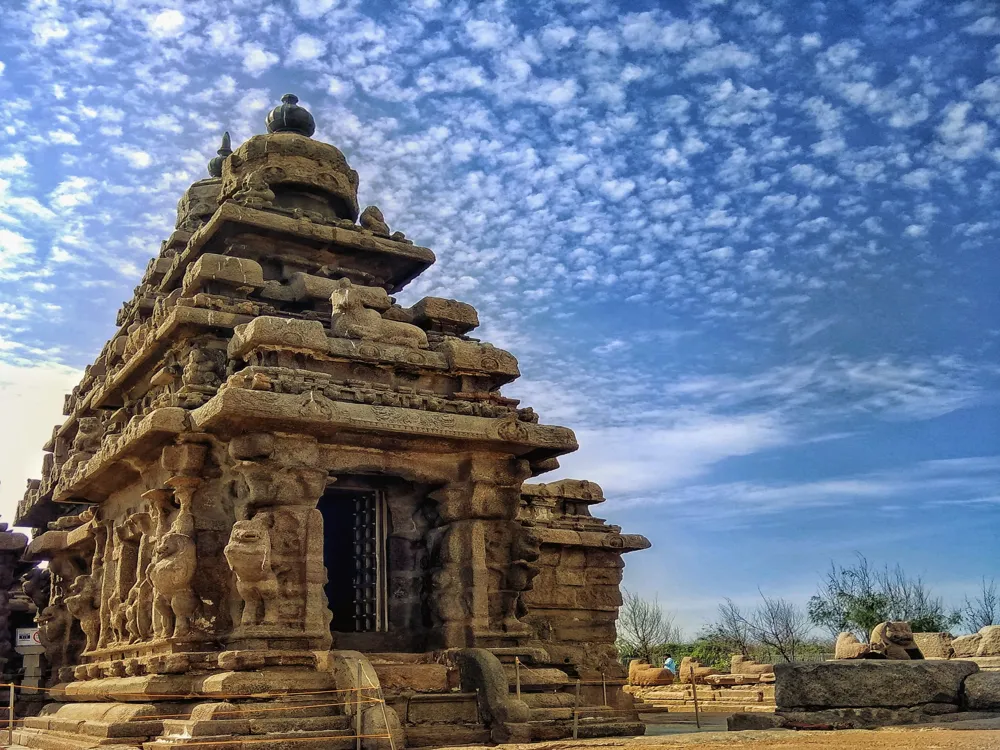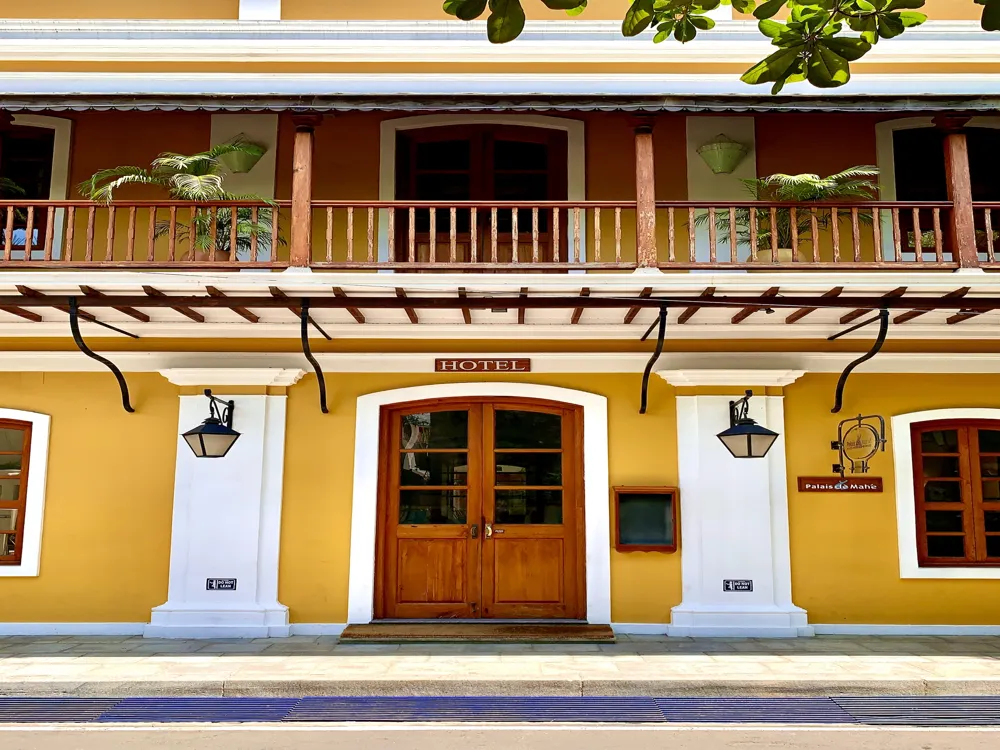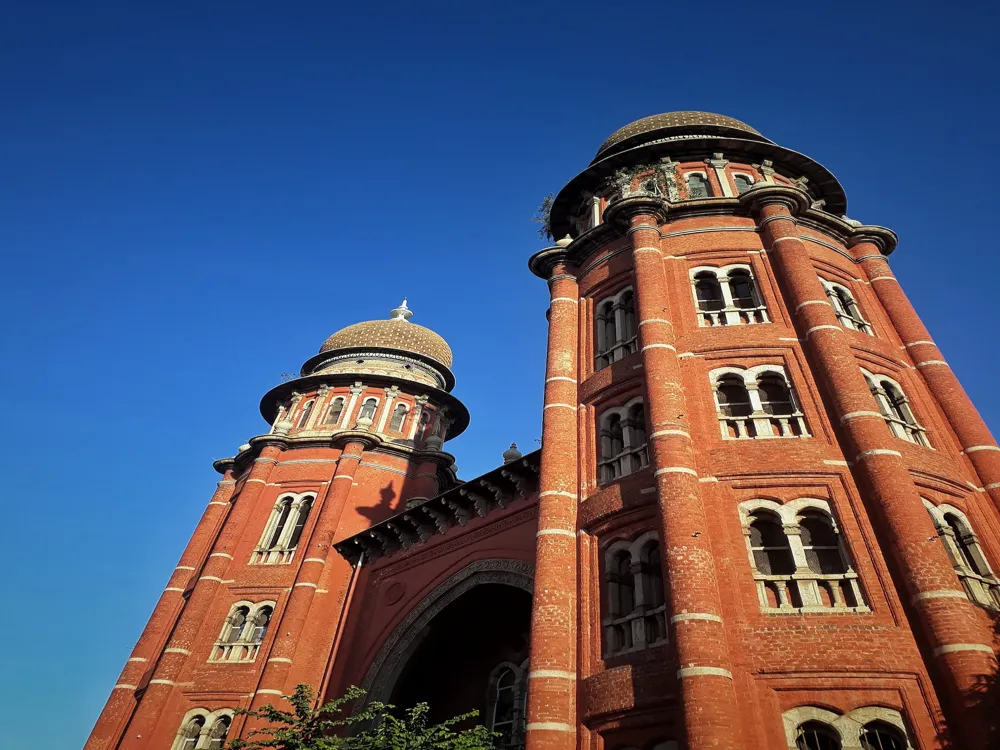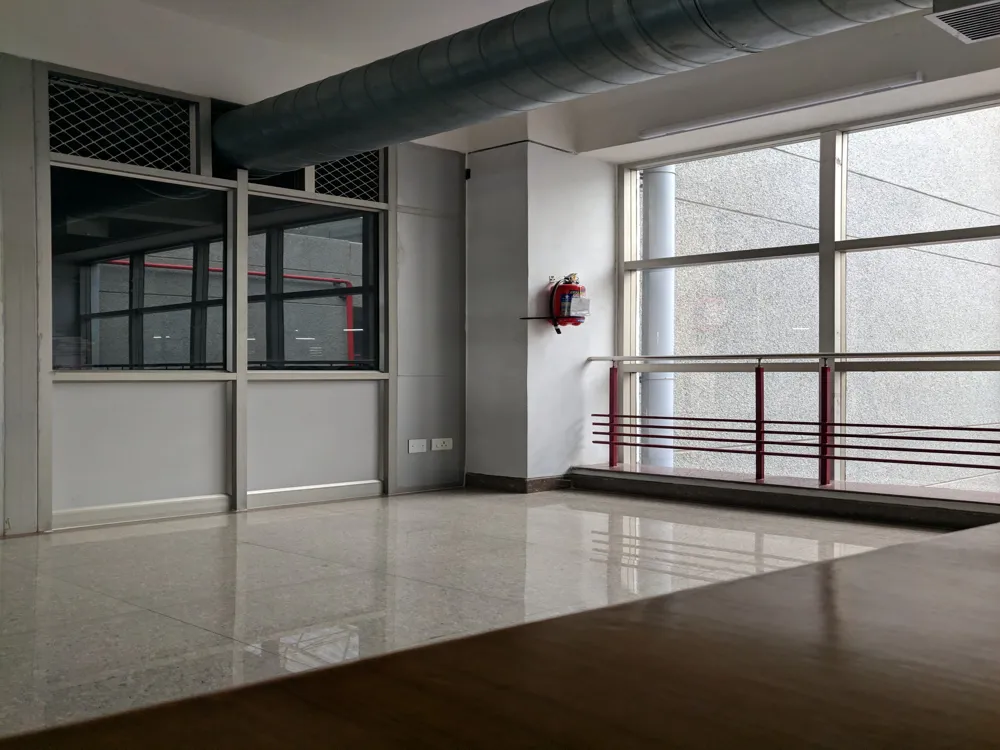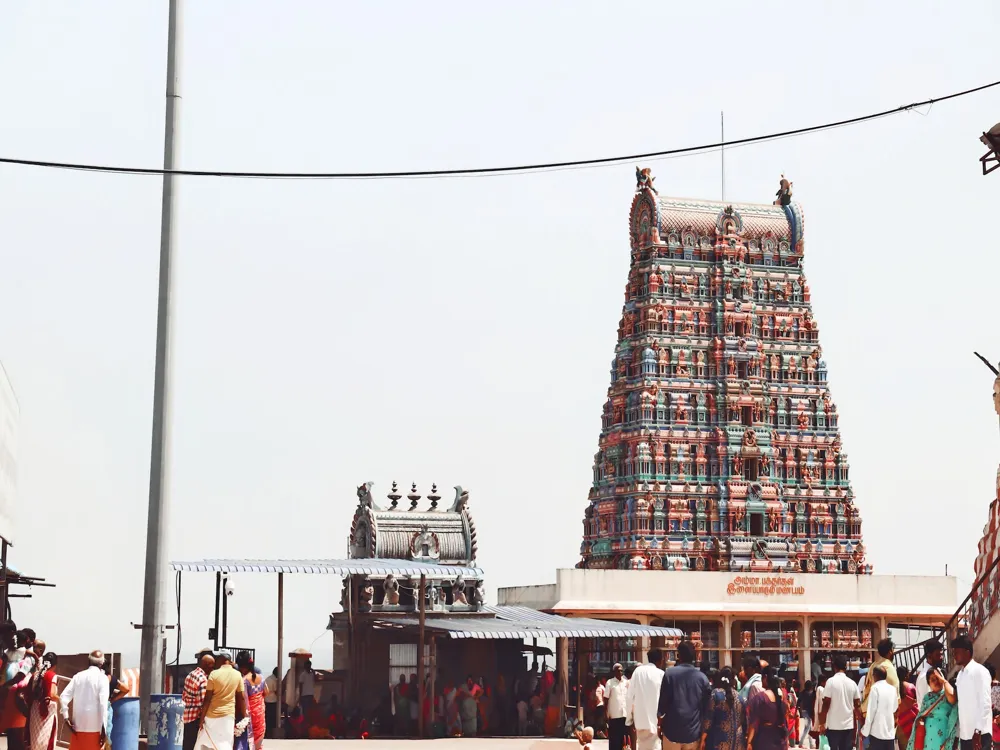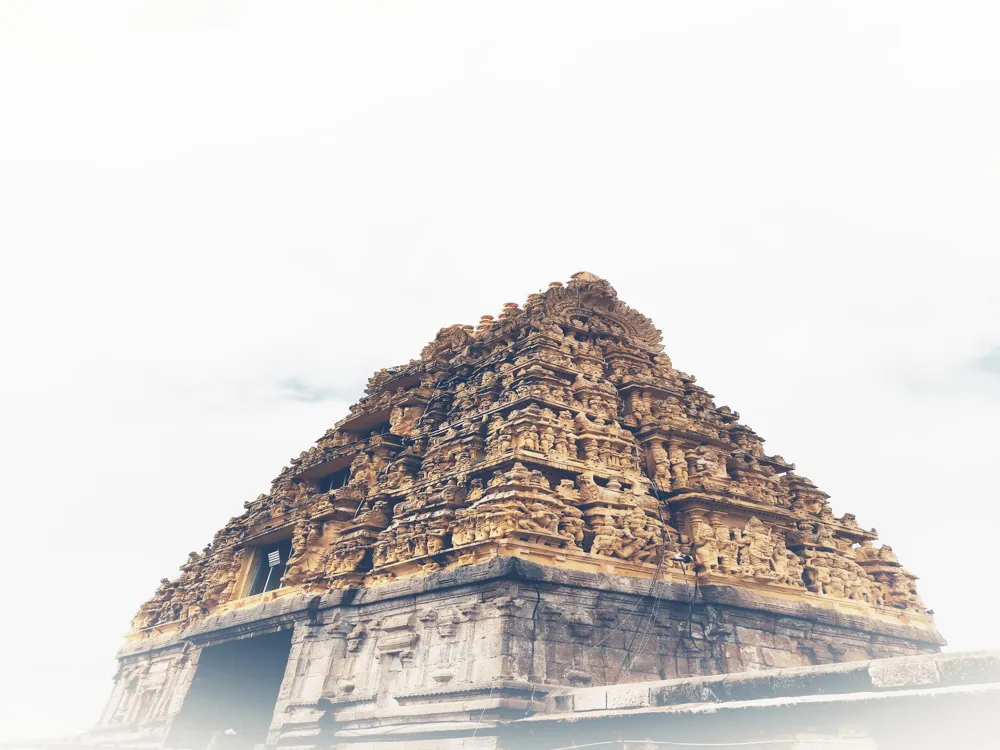Sadras, a captivating historical town located near the renowned Mahabalipuram in Tamil Nadu, India, is a hidden gem waiting to be explored. This town, steeped in history, offers a unique blend of cultural richness and architectural marvels, making it a must-visit destination for history buffs and travelers alike. Nestled along the Coromandel Coast, Sadras is an epitome of tranquility and a testament to the architectural prowess of its erstwhile rulers. The history of Sadras dates back to the times when it was a prominent Dutch settlement in India. This erstwhile trading town was known for its flourishing trade in muslin, a fine cotton textile, and for its strategic importance as a coastal trading post. The remnants of the Dutch fort, which stands as a silent sentinel to the town's glorious past, offers a glimpse into the life and times of the Dutch era. The fort, with its thick walls, moats, and ancient tombs, tells the tale of a bygone era, evoking a sense of nostalgia and wonder. What makes Sadras truly enchanting is its serene ambiance, away from the hustle and bustle of city life. The town's proximity to the Bay of Bengal adds to its charm, offering picturesque views and a calming sea breeze that is a balm to the soul. As you walk through the narrow lanes of Sadras, you are transported to a different era, where time seems to stand still, and history whispers in your ears. The local populace of Sadras, with their warm hospitality and rich cultural heritage, add to the town's allure. Their traditional lifestyles, cuisine, and customs offer a slice of the authentic Tamil culture, making your visit to Sadras a culturally enriching experience. As you explore this quaint town, you will find yourself mesmerized by the beauty, history, and tranquility that Sadras has to offer. A visit to Sadras is not just a journey to a destination; it is a voyage through time, a chance to experience the legacy of a forgotten era, and an opportunity to immerse oneself in the rich tapestry of history and culture that this town embodies. Whether you are a history enthusiast, a culture vulture, or simply a traveler seeking new experiences, Sadras awaits to unfold its stories and charm, making it an unforgettable addition to your travel diary. The architecture of Sadras is a fascinating amalgamation of Dutch colonial and traditional Tamil styles, reflecting the town's historical significance as a Dutch trading post. The most prominent architectural landmark in Sadras is the Dutch Fort, a masterpiece of colonial military architecture. Built in the early 17th century, this fort stands as a symbol of the Dutch East India Company's presence in the region and their influence on local architecture. The fort's design is characterized by its robust construction, with thick walls made of brick and stone. These walls were built to withstand attacks and harsh coastal weather conditions. The fort's layout is typical of Dutch military architecture of the time, featuring a central courtyard surrounded by high walls and bastions at the corners. The bastions, with their gun mounts and strategic positioning, provided a formidable defense mechanism against invaders. Inside the fort, one can find remnants of the Dutch era, including ancient tombs, barracks, and storage facilities. The tombs, in particular, are notable for their intricate carvings and inscriptions, providing valuable insights into the lives of the Dutch settlers who lived and died in Sadras. The blend of Dutch and Indian architectural elements in these structures is a testament to the cultural exchange that occurred during this period. Beyond the fort, the architecture of Sadras is characterized by traditional Tamil houses, temples, and public buildings. These structures are built using local materials like wood, stone, and terracotta, and feature distinct elements such as sloping roofs, ornate doorways, and courtyards. The temples, with their elaborate gopurams (tower-like structures) and intricate sculptures, showcase the rich artistic heritage of the region. The architectural landscape of Sadras is not just a showcase of structures and designs; it is a narrative of the town's history, culture, and the interactions between different communities over the centuries. Each building, whether a mighty fort or a humble dwelling, tells a story of the people who built it, their aspirations, and their legacy. As you walk through the streets of Sadras, you are walking through a living museum, where each corner holds a piece of history waiting to be discovered. The ideal time to visit Sadras is between November and February, when the weather is pleasant, and the humidity levels are low. This period offers comfortable temperatures for exploring the town and its historical sites. Respecting local customs and traditions is crucial. Dress modestly, especially when visiting religious sites. It's also recommended to learn a few basic phrases in Tamil to interact with locals more warmly. Opting for a guided tour can enhance your experience. Local guides are knowledgeable about Sadras's history and can provide insights that you might miss when exploring on your own. Sadras offers numerous photogenic spots, especially around the Dutch Fort and local temples. Early mornings or late afternoons are ideal for photography to capture the best light. The coastal climate can be humid. Carry water to stay hydrated and use sunscreen to protect yourself from the sun, especially during midday. Sadras is well-connected and easily accessible from various parts of Tamil Nadu. The nearest major city is Chennai, located approximately 70 kilometers away. Visitors can reach Sadras by different modes of transportation: Read More:Overview of Sadras in Mahabalipuram, Tamil Nadu
Architecture of Sadras
Tips When Visiting Sadras
Best Time to Visit
Local Etiquette and Customs
Guided Tours
Photography Tips
Staying Hydrated and Protected
How to Reach Sadras
Sadras
Mahabalipuram
Tamil Nadu
NaN onwards
View mahabalipuram Packages
Mahabalipuram Travel Packages
View All Packages For Mahabalipuram
Top Hotel Collections for Mahabalipuram

Private Pool

Luxury Hotels

5-Star Hotels

Pet Friendly
Top Hotels Near Mahabalipuram
Other Top Ranking Places In Mahabalipuram
View All Places To Visit In mahabalipuram
View mahabalipuram Packages
Mahabalipuram Travel Packages
View All Packages For Mahabalipuram
Top Hotel Collections for Mahabalipuram

Private Pool

Luxury Hotels

5-Star Hotels

Pet Friendly







